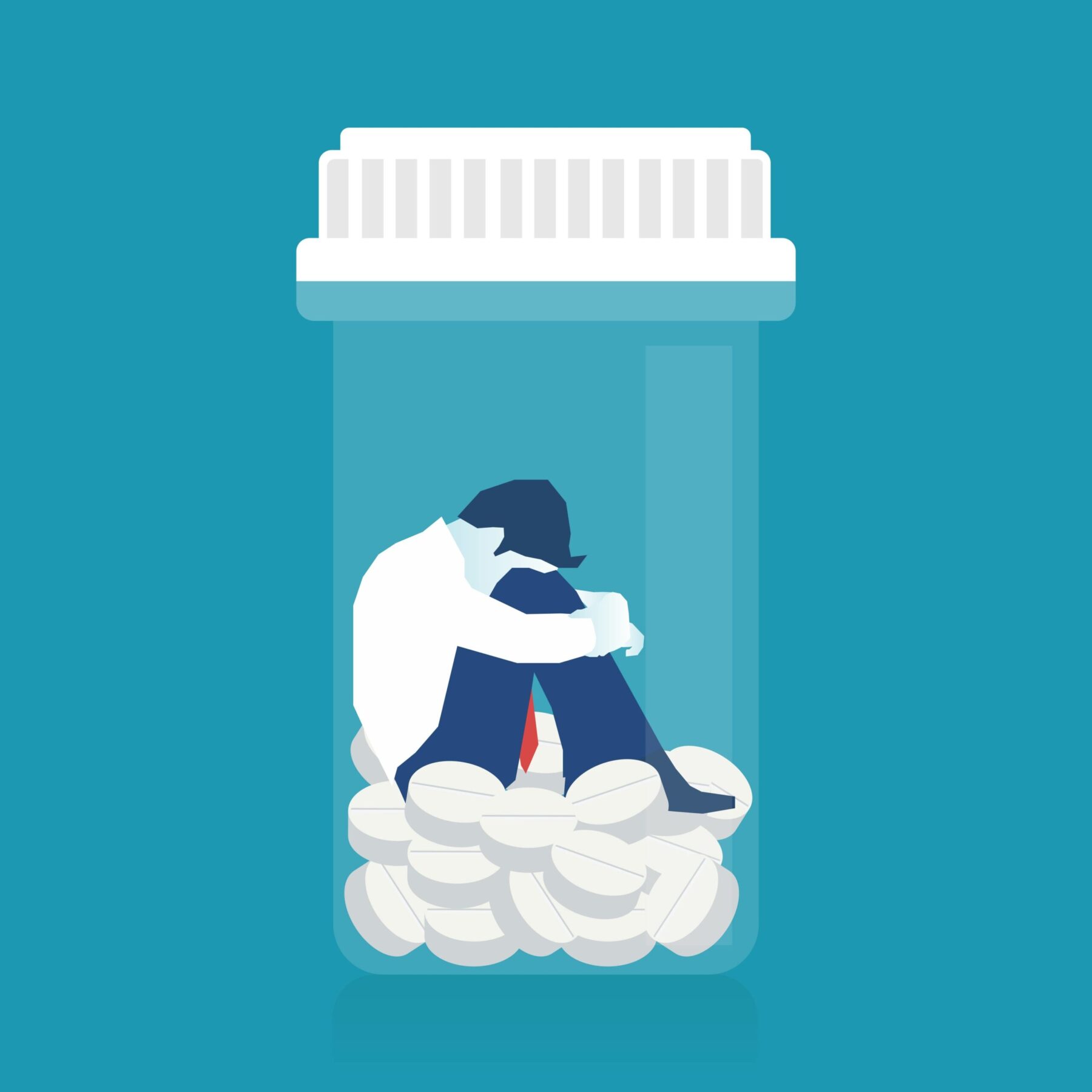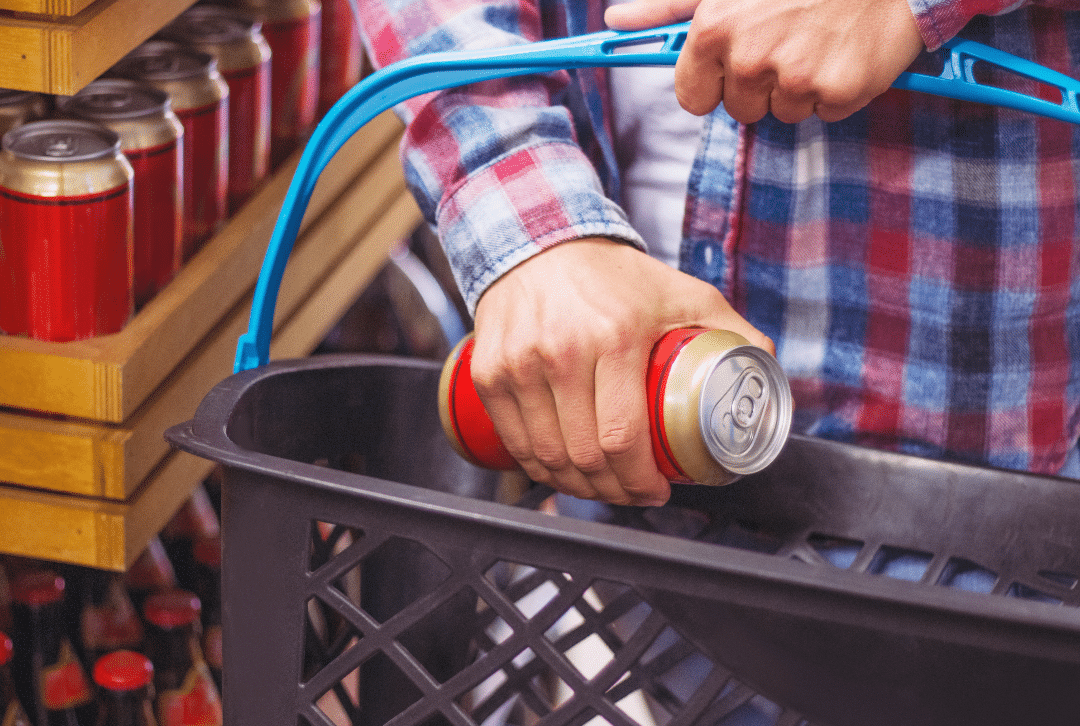What is Codependency?
Codependency can be misunderstood because of the fact that there are a lot of symptoms presented with codependent behaviors as it is not a one size fits all type of situation. You will see a lot of different versions of the definition, but it primarily is defined by a relationship that has an unhealthy balance. It can include individuals who are struggling with addiction, individuals who have had difficult and traumatic childhoods, and individuals who have been abandoned at some point in their lives. But that doesn’t mean if you don’t fall in those categories you are not codependent.
One thing that is common for most individuals who have these codependency traits is that there is an impact on their relationships, boundaries, self-care and especially how you feel about yourself. Here is a list of a few codependent traits to look for when trying to identify if you are codependent or not presently.

Being the Caretaker
When it comes to caretaking behaviors this can include many individuals who most often think of others before themselves, feel compelled to take care of others, solve their problems, and give unsolicited advice. Individuals who feel responsible for another person, for their wellbeing, as well as the person’s thoughts, actions, feelings, needs, and decisions.
This can cause a lot of anxiety, stress, and guilt when another person is dealing with problems and the individual is unable to help. The other factor that tends to play a role in this characteristic is that there are times when the individual is focusing on being the “caregiver” for others and is seeking for others to be the “caregiver” for them personally but it doesn’t always happen. When this doesn’t happen it tends to be dismissed internally or minimized because “their needs are more important”. It’s easy to confuse care taking with compassion and love, it is ok to care for others but when you are sacrificing your own needs and wants to help others resulting in a lack of care for yourself that is when it can become unhealthy.
Low Self-Esteem
Dependency
Poor Boundaries
Poor boundaries are similar to the caregiver behaviors previously mentioned, as it causes you to have difficulty saying no to others. How often do you say “Yes” even when you want to say, “No”? Having the ability to really identify what you want or need can be extremely difficult for you because of this. However, when you are able to you still put your needs last. Identifying healthy boundaries can be extremely difficult but when you do so, it’s not just about identifying it, it’s about following through with those boundaries.
What can I do now that I identified myself as being codependent?
Redirect your desire to help towards taking care of yourself. Sit down and create your own needs list. This can be uncomfortable because you’re not used to it. With practice you’ll start to realize how much better it feels to identify and follow through with your needs. Self care is so important!!
It’s okay to say what you mean. That doesn’t mean others will always agree or like it. If friends and family are used to you being the caregiver, they’ll need time to adjust. Give it time, take it day by day that is the best option for you right now.
Saying no may be a big challenge for you (let’s be honest it’s going to be a very big challenge for you)- accept the challenge and begin to set boundaries. Baby steps here are really important. Don’t set unrealistic goals for yourself that you won’t be able to attain but allow yourself to say no at times. This will help build those strong boundaries.



